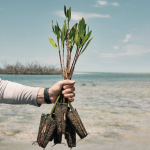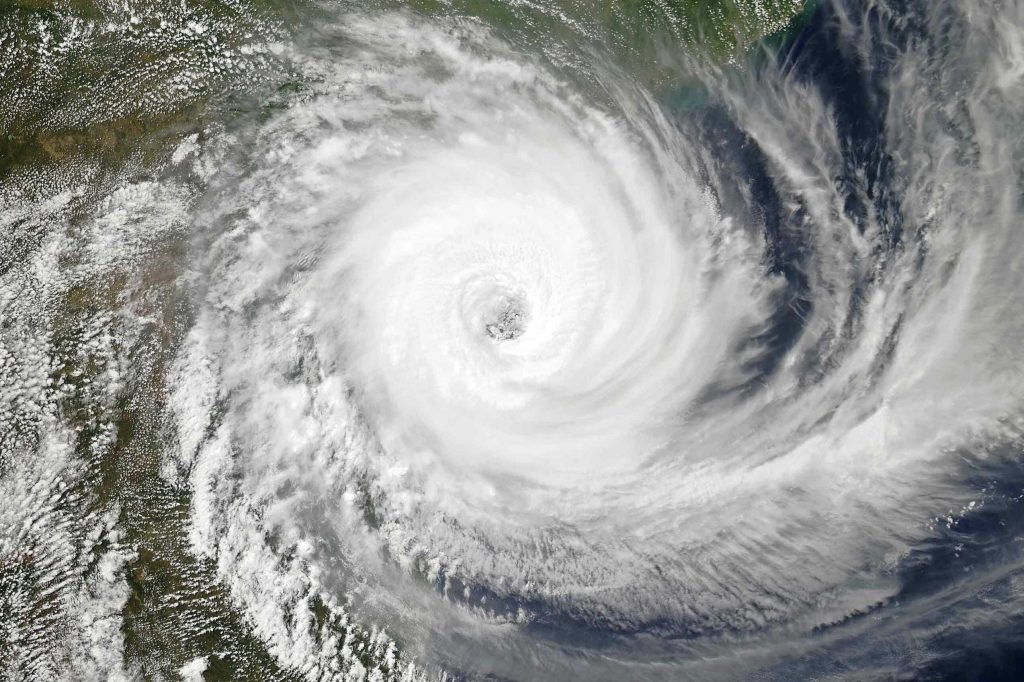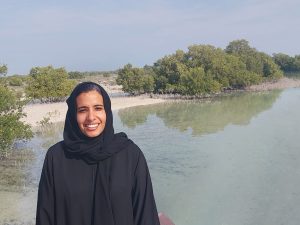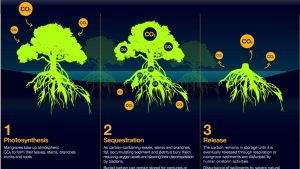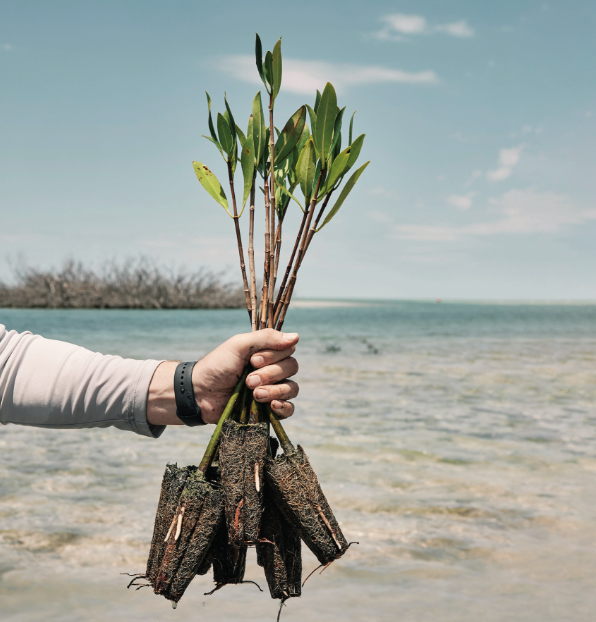Cyclone Risk and Coastal Ecosystems
Coastal communities face heightened cyclone risk due to declining protective natural ecosystems. Cyclone Idai in 2019 caused significant damage and loss of life. Future storms may be stronger, but the relationship between communities and ecosystems is not fully understood. ETH Zurich researchers found 67 million people are currently at risk, with China having the most. By 2050, the number at risk may increase by 40% to nearly 94 million. Coastal habitats like mangroves and reefs provide protection but are being destroyed, leaving more vulnerable. Preserving existing habitats and restoring lost ones are vital for better cyclone protection. The study highlights key regions for protection and restoration initiatives.
Coastal communities will face greater risk from cyclones in the future as natural ecosystems that provide protection decline. Cyclone Idai in 2019 caused widespread damage and loss of life in Mozambique, Zimbabwe, and Malawi. As the climate changes, storms like Idai will likely become stronger, but the relationship between coastal communities and natural protective ecosystems is not fully understood. A recent model study by ETH Zurich researchers explored the current and future threats posed by cyclones and the potential for habitat restoration to protect coastal communities. They found that 67 million people worldwide are currently at risk, with China having the highest number of people at risk. If climate change continues, the number of people at risk could increase by 40% to nearly 94 million by 2050. Coastal habitats such as mangrove forests and reefs provide protection but are being destroyed, leaving more people vulnerable. Protecting existing intact habitats and restoring lost ones are vital in providing better protection against cyclones. The study highlights regions that are key for coastal protection and can be used for planning restoration initiatives and climate change adaptations.
